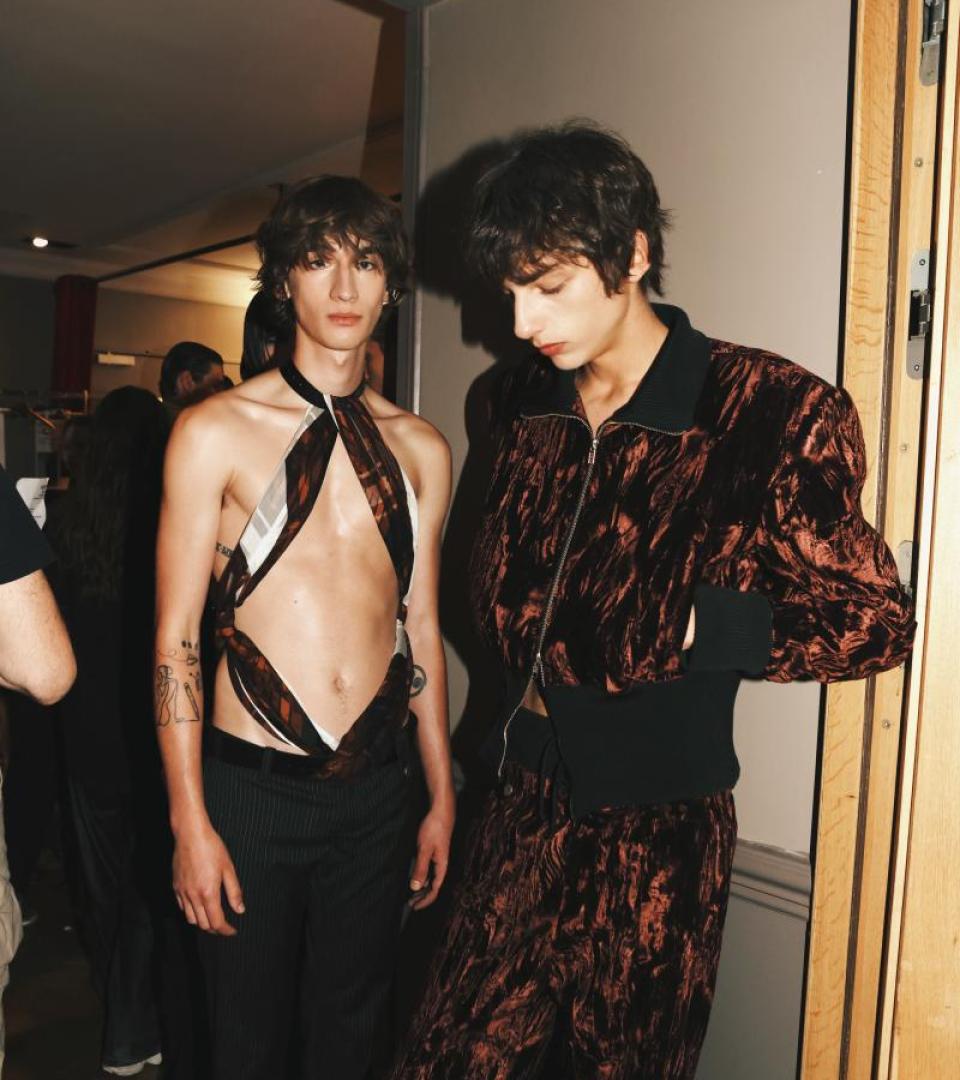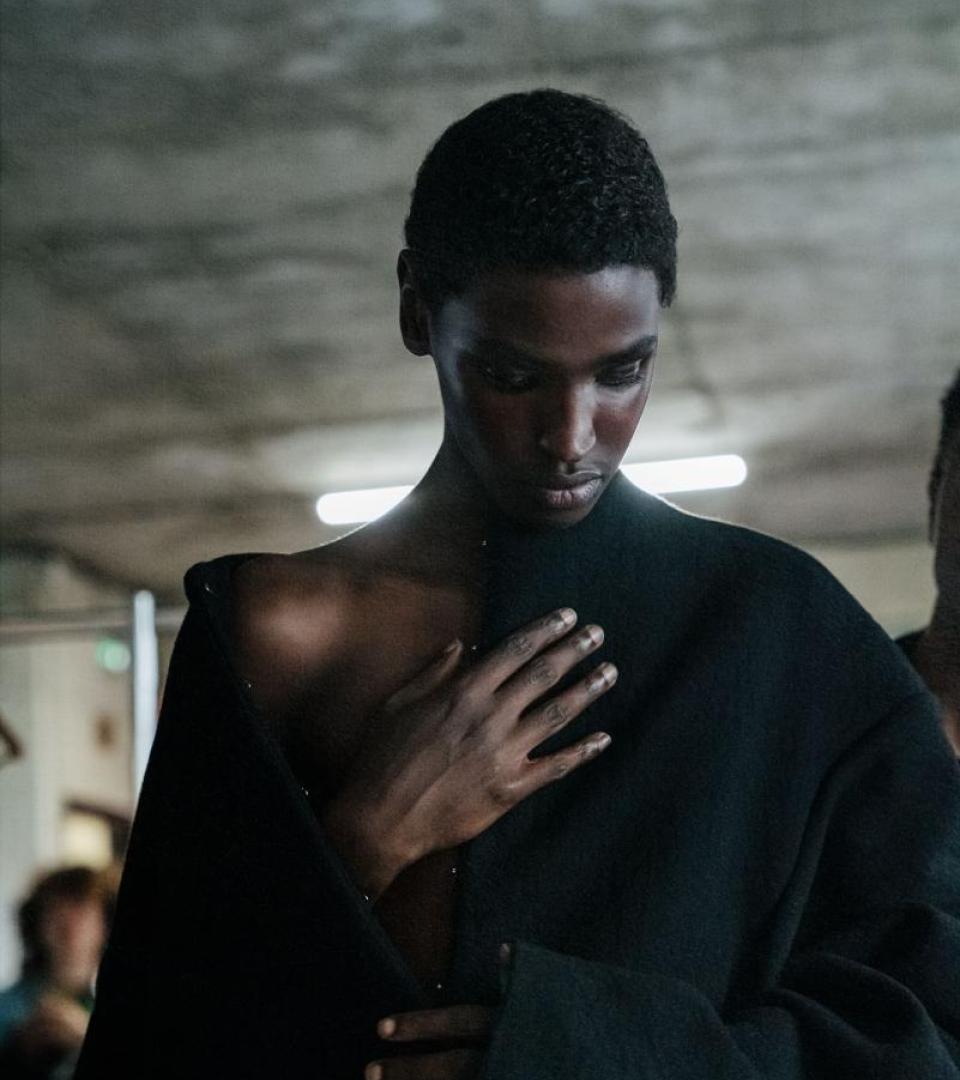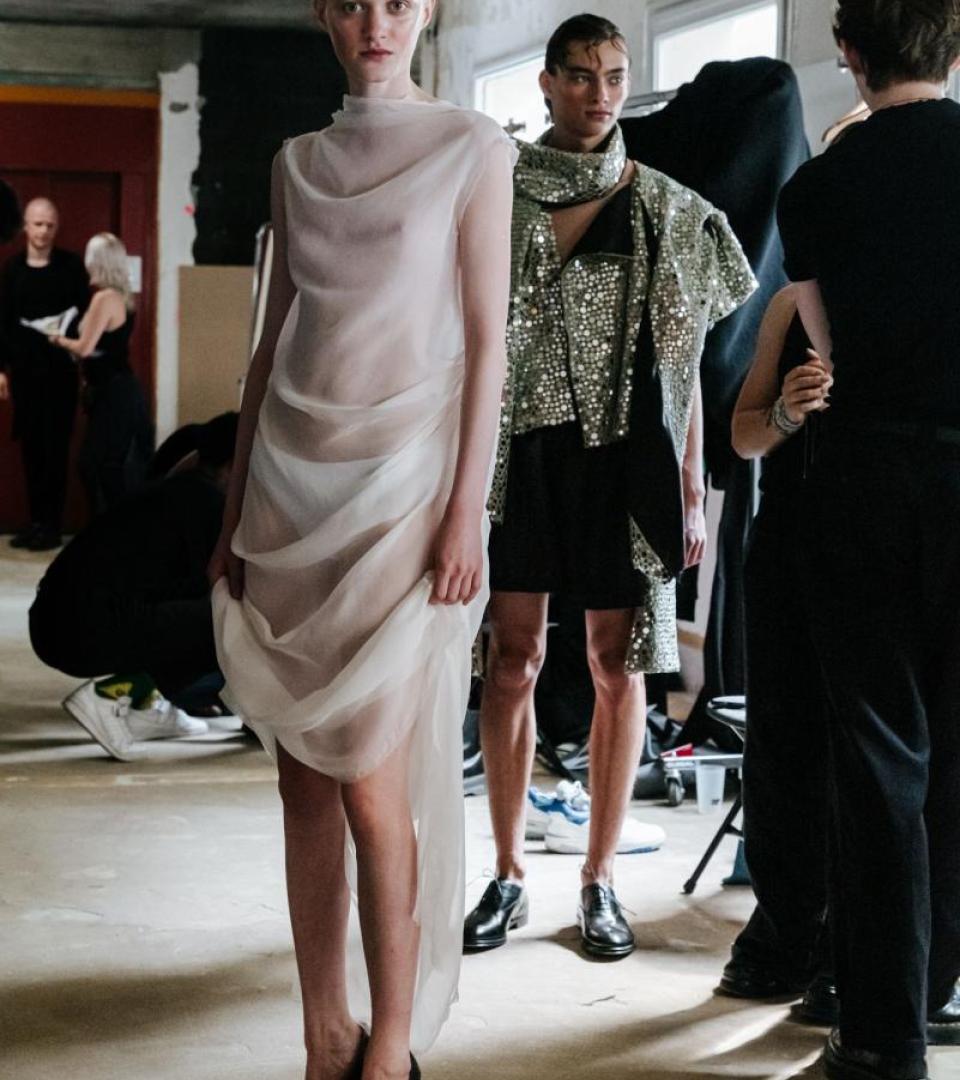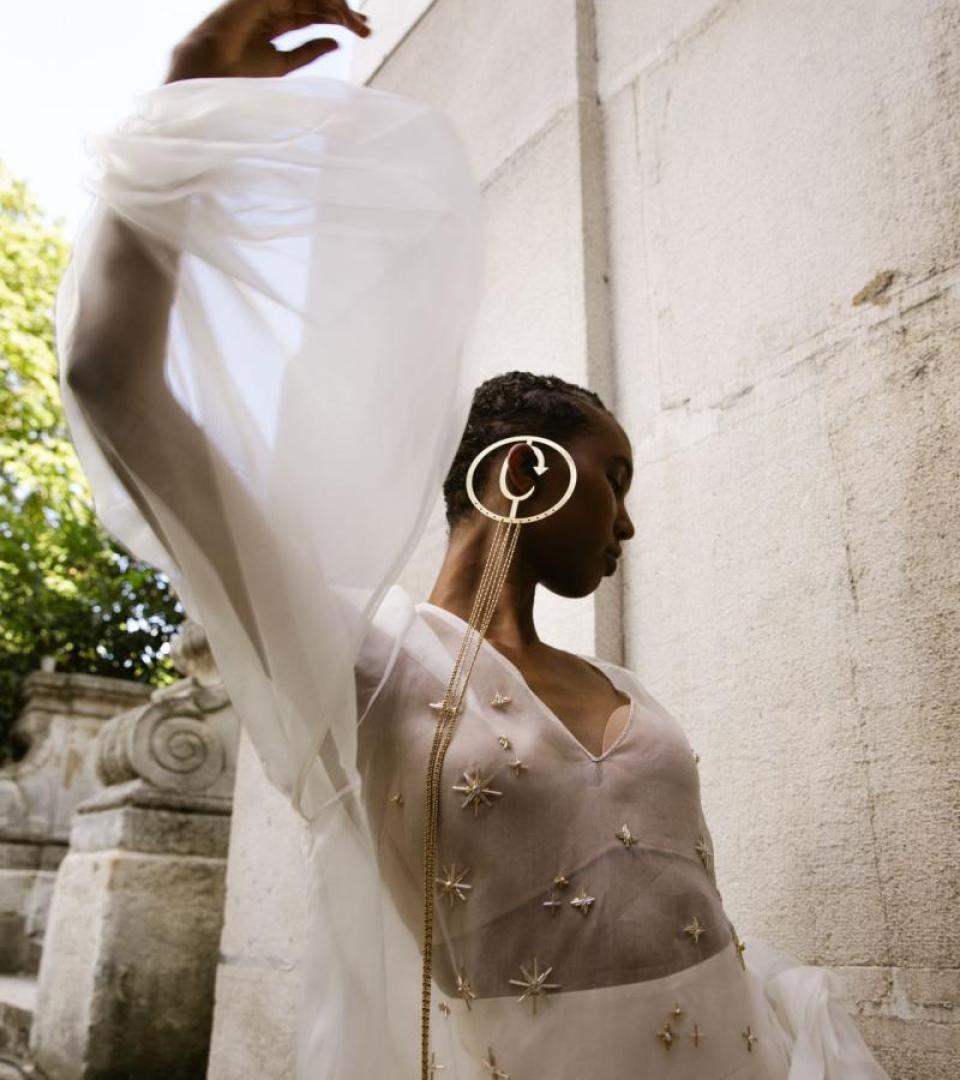Dundas Back to the Roots
Born in Norway, Peter Dundas founded his eponymous brand on 2017. After his studies at Parsons School of Design, he became the assistant to Jean Paul Gaultier in 1992, where he stayed for 8 years. When he moved to Christian Lacroix, he developed his sense of colours and patterns. Three important roles followed: chief designer at Roberto Cavalli, creative director at Emanuel Ungaro, and artistic director at Emilio Pucci in 2008. In March 2015, he returned to the house of Roberto Cavalli as creative director before finally opting to launch his namesake label two years later.
How would you describe your evolution as a designer/brand?
Creating the Dundas brand allowed me to develop my craft in a unique and sometimes intense way. I think my design has evolved — both in connecting even closer to my girls and in how I have matured as a designer. I am also proud of what my partner Evangelo and I have achieved with Dundas. Some of the biggest highlights of my career have taken place during these short years — such as two Super Bowl halftime performances, multiple Grammy moments and a permanent exhibition in Norway’s National Museum.
Why is it important that fashion is always evolving, that it never stays the same?
I think fashion is quite simply a sign of the times and should evolve reflecting popular culture, social awareness and, of course, technical advancements.
What moment, design or collection marked a turning point for you?
I think my design process changed after I liberated myself from feeling I needed to do anything other than making the clothes I felt passionate about and that people felt great wearing. To the outside world, that happened sometime during my Pucci years; but this emancipation started sometime before.
What would you like us to know about this collection?
I would love people to know that it is deeply personal, as I went back to my roots. It was made to celebrate some of the women who have been part of my life and who wear my clothes.
How intentional are you about evolving creatively — how do you think about this when beginning a new collection?
I try and follow my instinct, that little voice inside of me as much as I can. It’s what works best. I am lucky as many of my muses are girls whose life I partake in. It allows me to constantly regenerate as a designer in tune with my clients.
Where are the most significant changes in fashion today?
The most notable change in fashion today is obviously the industry striving to become more sustainable. I think we are all still making baby steps but I am glad it has started.
How well do you think fashion is embracing various societal shifts: gender, inclusion, diversity, environmental engagement?
Fashion has always been about societal shifts, always about gender inclusion and diversity and celebrating what was different. Today it has become mainstream, and I am glad about this.
The fashion audience is ever-evolving. How important is it for you to connect with Generation Z (and how are you doing this)?
Creating a connection with Gen-Z is important as with any generation, but especially because they are ultimately our future. I think what is different for Dundas with Gen Z is incorporating technology, social media and obviously a raised awareness of environmental issues. Our participation in the metaverse fashion week resonated particularly with this demographic.
Evolution and improvement are related. What is one essential improvement the industry could be making?
I think we can all get better at creating more sustainable collections as well as generating less waste. I would also love to see a more general celebration of being different. Vive la difference!
Are you using any technologies that contribute to the evolution of your collections?
Absolutely Dundas launched our first NFT’s at the Super Bowl and we were one of the first brands to participate in the Metaverse Fashion Week.
It’s 2025, how might you have evolved?
Apart from developing new categories or launching Dundas beauty, which is happening this year I am looking forward to connecting further with our client base through technology. It is something I really wanted to do as a standalone brand as I feel the possibilities are endless!
Evolution is gradual; revolution is radical. Is fashion still capable of revolution?
I am sure fashion is capable of revolution, but I think technology will be a great part of any radical change — whether it is about the actual clothing or about the retail experience.
This interview has been lightly edited for clarity.



